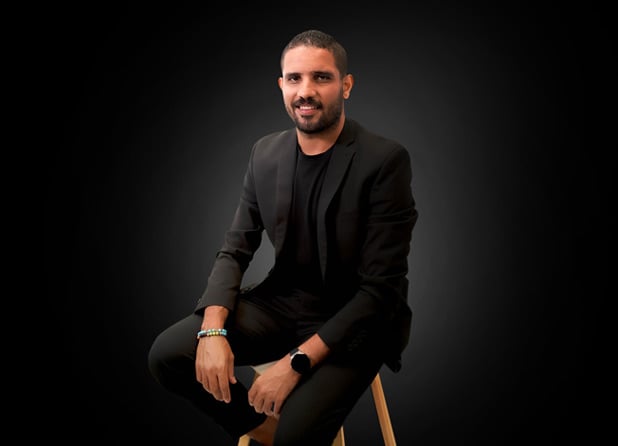The global digital advertising spending worldwide (including, desktop, laptop computers, and mobile devices) stood at an estimated 378 billion U.S. dollars in 2020 and is expected to reach a total of 646 billion U.S. dollars by 20241. For a long time, advertisers have been dependent on consumer preferences and habits to invent creative ways to showcase brands. Now more than ever, it is essential for brands to stay ahead and evolve with the dynamics of advertising as it shifts towards utilising first-party data. By consuming first-party data, advertisers can efficiently collate information and maximise their campaigns’ effectiveness.
Utilising first-party data:
A recent customer engagement report2 highlighted that 88% of marketers say gathering first-party data is a priority in 2021. To deliver an enhanced experience to customers through first-party data collections, it is essential for brands to research effective ways to collect, classify, and activate data through a compelling value proposition.
The effectiveness of digital advertising:
A primary advantage of digital advertising is reaching a specific audience cost-effectively and measurably. The ability to provide real-time bidding and instant market analysis is one of the best choices for in-app advertising. Platforms like HUAWEI Ads enable developers to integrate quality adverts for a broader audience. Through its self-serve, demand-side platform, partners and agencies are empowered to execute marketing campaigns using all the innovative tools developed by the company. Another aspect of the platform that is equally important and appealing is Huawei’s Open Advertiser Identifier (OAID). Huawei aims to strictly protect users’ privacy and security while providing them with a unique and smart experience. OAID is a non-permanent device identifier that showcases personalised ads to the user while complying with their privacy preferences.
The advantages of programmatic:
The most significant advantage of programmatic advertising over the traditional one, which involves human negotiations and manual insertion orders, is the ease of media buying by simplifying the entire process. Advertisers can reach their target audience more effectively while getting real-time insights regarding audience interactions with the advert.
At Huawei, the four core pillars for advertisers are:
- Precision Targeting – assisting advertisers by creating meaningful personas from multiple data sources.
- Lookalike Modeling – using AI and machine learning to target similar audiences in real-time and with transparency while maintaining the same quality.
- Private Audiences – focusing on advertisers’ first-party data user list; retarget engaging users based on app data and in-app actions for better performance.
- Insight Analysis – providing critical insights on campaign data from multiple dimensions for better targeting and ROI.
While the large consumer base of over 700+ million monthly active users is already a compelling proposition, it will only expand with time. Huawei’s 1+8+N strategy envisions bringing the HUAWEI Ads offering to the company’s portfolio of smart TVs, tablets, and IoT (Internet of Things) devices.
To learn more about HUAWEI Ads, you can reach out to us at [email protected].










